From AI breakthroughs to billion-dollar battles, August 2025 was one of the most explosive months in tech history.
This month brought the launch of OpenAI’s GPT-5, packed with smarter reasoning and learning features, along with Microsoft’s massive security patch fixing 111 flaws. At the same time, Elon Musk was in a disagreement with Apple, Indian startups received record funding, and new AI tools like Amazon Alexa+ and DeepMind’s Genie 3 offered a peek into the future.
In this article, we’ll walk through the biggest tech and IT updates of August 2025 in clear, simple language so you get the news without the noise.
OpenAI Launches GPT-5: The Most Significant AI Milestone of 2025
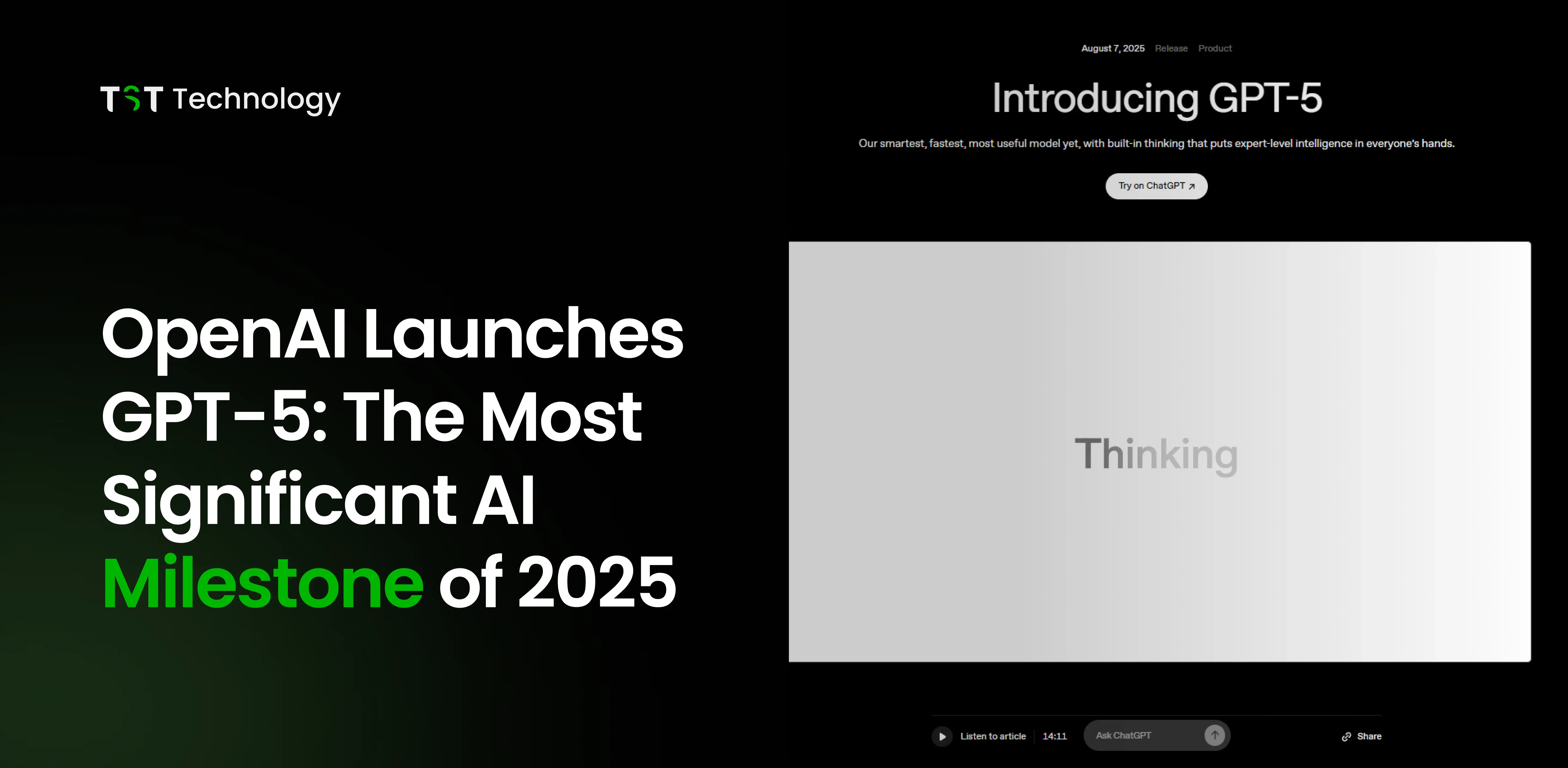
OpenAI has introduced GPT-5, a release many see as the biggest step forward in AI for 2025. The new model introduces advanced reasoning capabilities through a "Thinking" mode, along with enhanced coding, mathematics, and multimodal functionality that integrates language, image, and voice features into a unified platform.
Early benchmarks show GPT-5 delivers a 40% improvement over GPT-4 in complex task handling, with developers praising its enhanced context awareness and problem-solving abilities. The release includes both "Thinking" and "Pro" variants designed for enterprise applications and agent-style tasks.
However, the launch hasn't been without controversy. Despite being positioned as "PhD-level" AI, early tests revealed issues including basic spelling and geography errors, leading to mixed reactions from the community. The model is immediately available through ChatGPT and OpenAI's API, with tiered pricing models designed to increase accessibility.
Also, "Study Mode" has been introduced, designed to provide step-by-step, personalized tutoring on a wide array of subjects, turning the chatbot into a patient, adaptive learning tool.
Microsoft's Critical August 2025 Patch: 111 Vulnerabilities Fixed
Microsoft released its most comprehensive security update of the year, addressing 111 vulnerabilities across Windows operating systems and enterprise software. The patch batch includes 13 critical-severity issues and notably fixes a Windows Kerberos zero-day vulnerability (CVE-2025-53779) that enables full Active Directory compromise.
The most alarming vulnerability addressed is CVE-2025-53786, affecting Microsoft Exchange Server hybrid deployments. This flaw allows attackers to escalate from on-premises Exchange admin privileges to full cloud environment control, potentially compromising Exchange Online and Microsoft 365 services. According to security researchers, approximately 29,000 Exchange servers remain publicly exposed and vulnerable.
Additional critical patches include fixes for Windows GDI+ remote code execution bugs (CVE-2025-53766), Windows NTLM authentication flaws (CVE-2025-53778), and multiple Microsoft Office vulnerabilities. Organisations are strongly advised to prioritise these updates due to the severity and potential for widespread exploitation.
Apple vs. Elon Musk: App Store Antitrust Accusations Heat Up
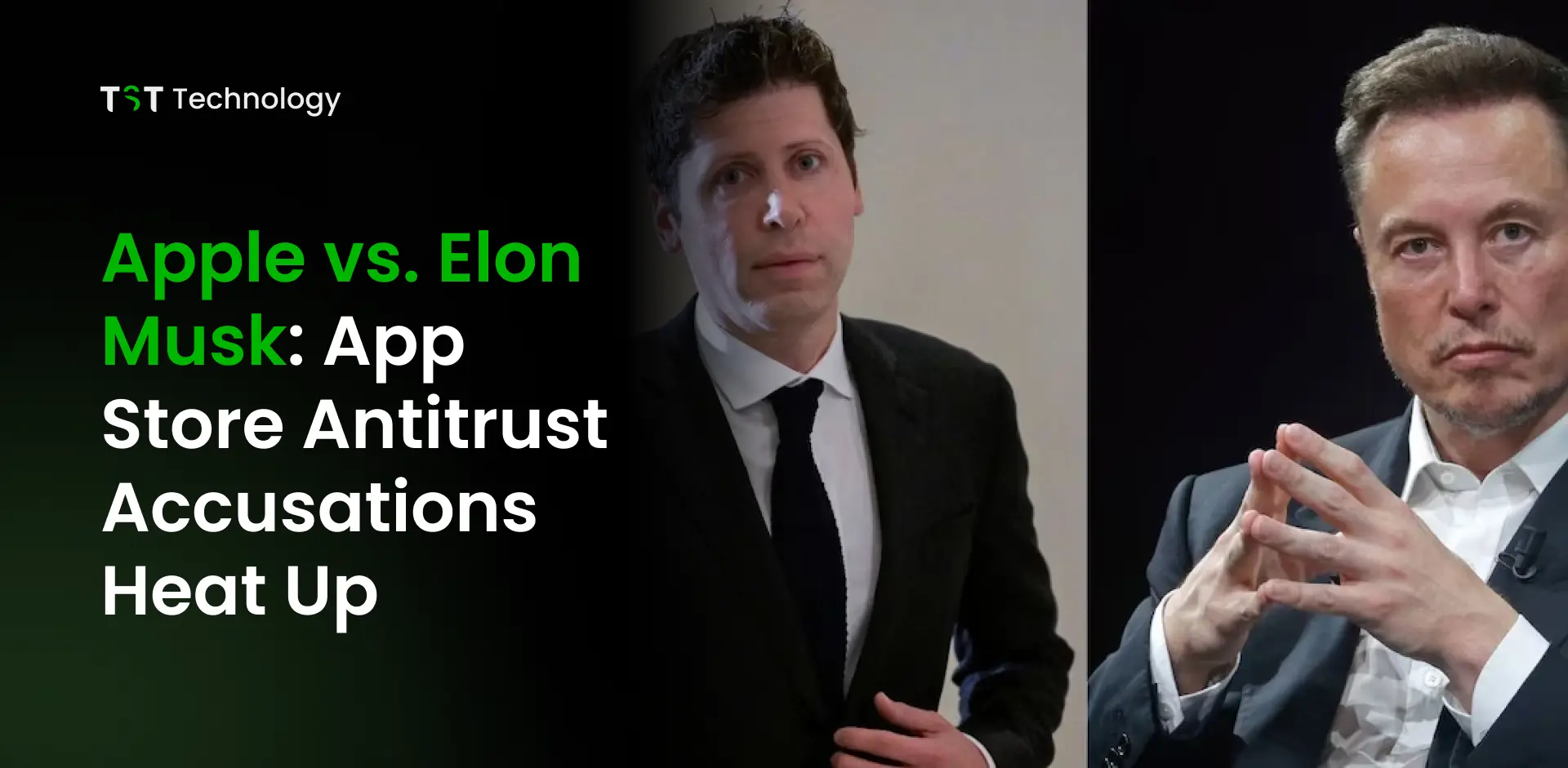
Elon Musk’s AI company, xAI, clashed with Apple over claims that the App Store gives unfair preference to OpenAI’s tools. Musk argued that Apple was breaking antitrust rules by boosting ChatGPT in search rankings, even warning of possible legal action.
Apple denied the charges, saying there was no bias or rule-breaking. Meanwhile, OpenAI CEO Sam Altman fired back, accusing Musk of using his platform X to push his own business interests, adding more fuel to the dispute.
This conflict comes as xAI is trying to raise $5 billion through debt funding. Experts say the public fight could hurt investor trust in Musk’s AI plans. Overall, the situation shows how competition in AI is heating up, with big tech players battling for control of the market.
Cloud Computing and Enterprise Developments
NTT DATA has formed a worldwide partnership with Google Cloud to drive the adoption of agentic AI and support cloud modernisation for businesses. By blending NTT DATA’s industry know-how with Google Cloud’s cutting-edge AI capabilities, the collaboration aims to deliver customised and scalable solutions for enterprises.
Microsoft introduced subscription-based licensing models for Exchange Server and Skype for Business Server Subscription Edition, requiring active Software Assurance or cloud subscription licenses.
From August 1, 2025, the company will provide a six-month Extended Security Update (ESU) program for Exchange 2016 and 2019.
Meanwhile, Oracle secured a spot as a Leader in the 2025 Gartner Magic Quadrant for Strategic Cloud Platform Services for the third year in a row, reflecting its strong distributed cloud approach and advanced AI infrastructure.
Indian Startup Funding Surge
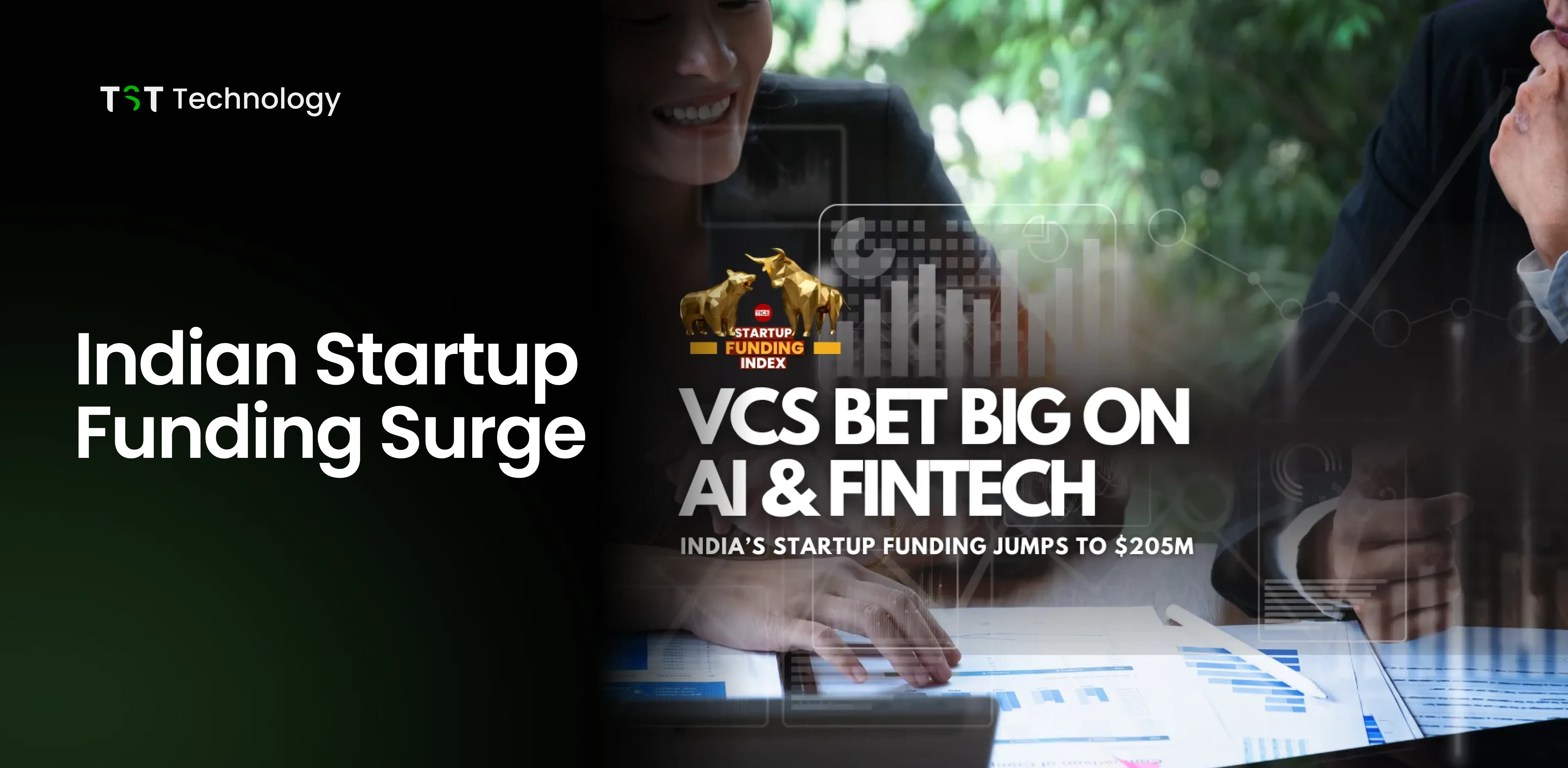
BlueStone took the lead in fundraising ahead of its IPO by securing ₹693 crore from anchor investors. Meanwhile, Zepto raised ₹25 crore from MapmyIndia, reaching an impressive $6.1 billion valuation. In the second week of August 2025, Indian startups saw a big comeback as funding rose by 57% from the week before. Startups collectively raised $205.31 million through 30 deals, up from $130.49 million in the previous week. This rise was driven by large growth-stage rounds along with steady early-stage activity, showing a fresh wave of investor confidence.
Growth-stage ventures dominated the momentum, attracting $139.28 million, about 68% of the total funding. Among the standout deals was a $56 million Series C investment in The Sleep Company. Early-stage startups also made their mark, bringing in close to $66 million.
The funding was concentrated in specific sectors, with e-commerce leading the way with six deals, followed by strong activity in fintech, gaming, and AI.
Bengaluru continued its dominance as the leading hub for startup funding, attracting 11 deals. Other key cities like Mumbai, Hyderabad, and Delhi NCR also saw notable investment activity. The investor outlook suggests a strategic shift towards AI-driven solutions that demonstrate strong unit economics. This indicates that the Indian startup ecosystem is maturing, with a greater focus on disciplined growth and sustainability rather than just high valuations.
Amazon Alexa+ Powered by Generative AI
In August 2025, Amazon launched Alexa+, a new AI-powered digital assistant with a completely updated design. The enhanced service features:
- Integration of generative AI from multiple model providers (Anthropic, Amazon Nova)
- Advanced understanding of user schedules and preferences
- Capability to book reservations, order rides, and purchase tickets
- Enhanced smart home integration and automation
The upgrade represents Amazon's push toward agentic AI in the home environment, competing directly with other advanced AI assistants.
Genie 3: A new frontier for world models
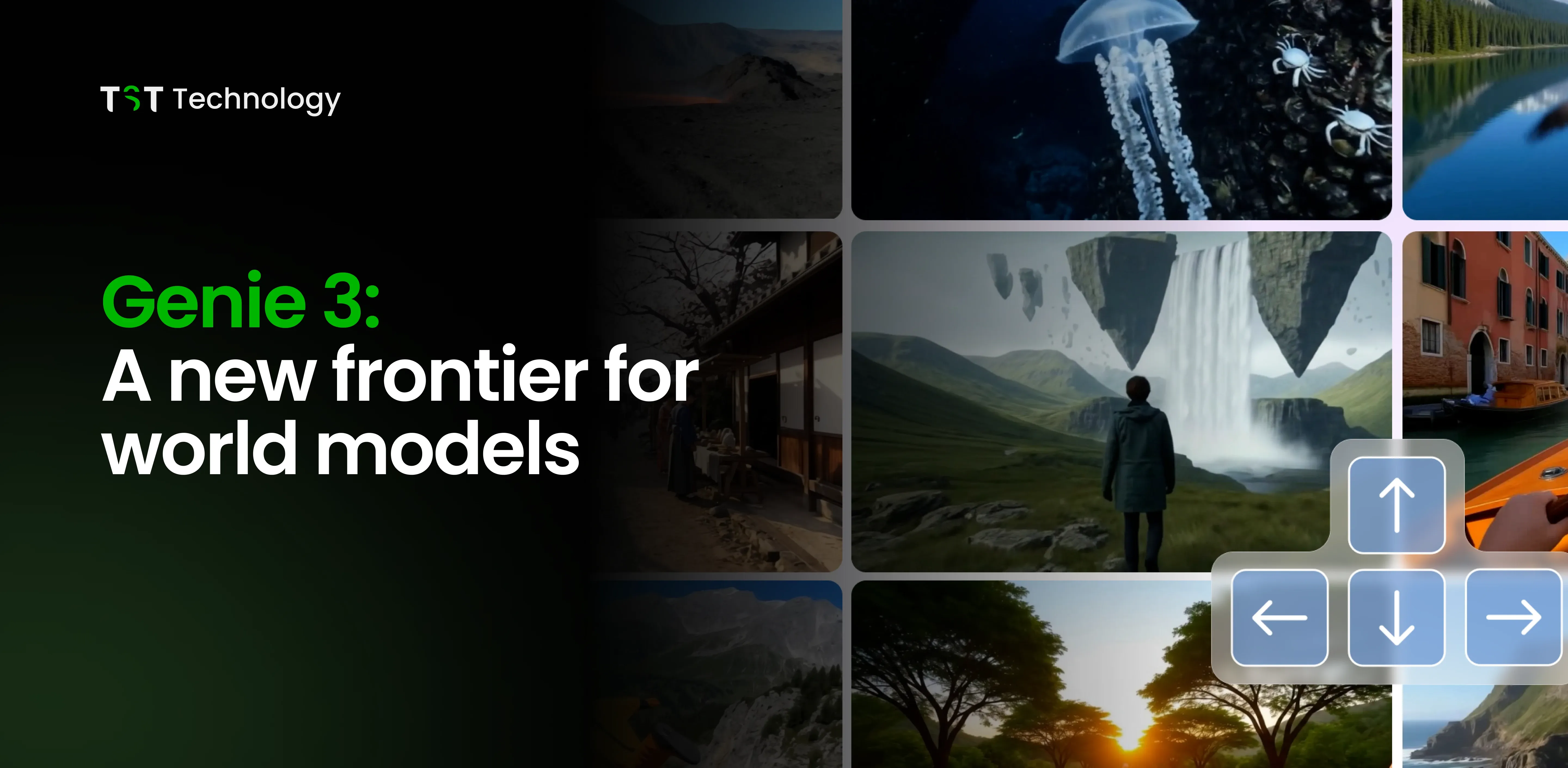
Genie 3 is a smart AI that can create 3D virtual worlds from just one text description. Unlike previous AI models that generated short, non-interactive video clips, Genie 3 creates dynamic, playable worlds that users or AI agents can navigate and interact with in real time.
Key Features and Capabilities:
- Real-Time Interaction: Users can explore the generated environments and make changes with text prompts while the simulation is running.
- Physical and Spatiotemporal Consistency: Genie 3 is able to maintain a consistent world for several minutes. This means if you place an object in a specific location and then return to it later, the object will still be there. The model has "emergent" physics, meaning it learned how the world works (e.g., gravity, water, shadows) by observing video data, rather than being explicitly programmed with these rules.
- Applications: DeepMind considers Genie 3 an important move forward on the path to artificial general intelligence (AGI). It is not just a tool for creative expression or gaming, but also a training ground for AI agents and robots. By creating unlimited simulated environments, it can be used to safely train autonomous systems in various scenarios, including rare or dangerous events that would be difficult to simulate in the real world.
- Limitations and Availability: The model is not yet available to the general public. It is currently in a limited research preview for a select group of academics and creators so that DeepMind can fine-tune safety and governance protocols. Limitations include a restricted range of interactions and the inability to generate legible text unless it is part of the initial prompt.
Perplexity AI Bid for Google Chrome
Perplexity AI has offered $34.5 billion in cash to buy Google's Chrome browser, surprising many with the move. This bid, which is more than double the startup's last valuation of $14 billion, is a strategic move to leverage Chrome's over three billion users in the competitive AI search landscape. Run by Aravind Srinivas, Perplexity has a history of such headline-grabbing actions, having previously offered to merge with TikTok's U.S. operations. The company has secured financing offers from multiple funds to cover the deal, although the specific funds were not named.
The offer comes at a time when web browsers are regaining importance as vital gateways for search traffic and user data amidst the rise of chatbots. While Google has not responded to the offer, the company is facing regulatory pressure and is appealing a U.S. court ruling that found it holds an unlawful monopoly in online search.
Delta Air Lines Deploys AI for Revolutionary Real-Time Ticket Pricing

Delta Airlines is using artificial intelligence (AI) to set real-time ticket prices, a move that has drawn some criticism. While the airline claims the system only uses aggregated data and not personal information, concerns have been raised about transparency and the potential for discriminatory pricing. This new system is one of several aviation news items covered in the article.
Google's Perch AI Model Gets Major Update to Aid Endangered Species Conservation
The Google DeepMind team has created an updated AI model called Perch. The model analyzes bioacoustic data, which is a massive amount of audio collected from different ecosystems using microphones and underwater hydrophones. Since it can process large amounts of data quickly, researchers can focus more on actual conservation work instead of spending hours sorting through recordings.
Perch is also released as an open-source project on Kaggle, making it easy for scientists and organizations to use. With this tool, Google DeepMind aims to support conservation by helping identify and study animal sounds in massive audio collections. This makes it possible to track and protect endangered species worldwide.
Windows 11 August Update Rolls Out AI-Powered Recall to EU, Debuts New Features
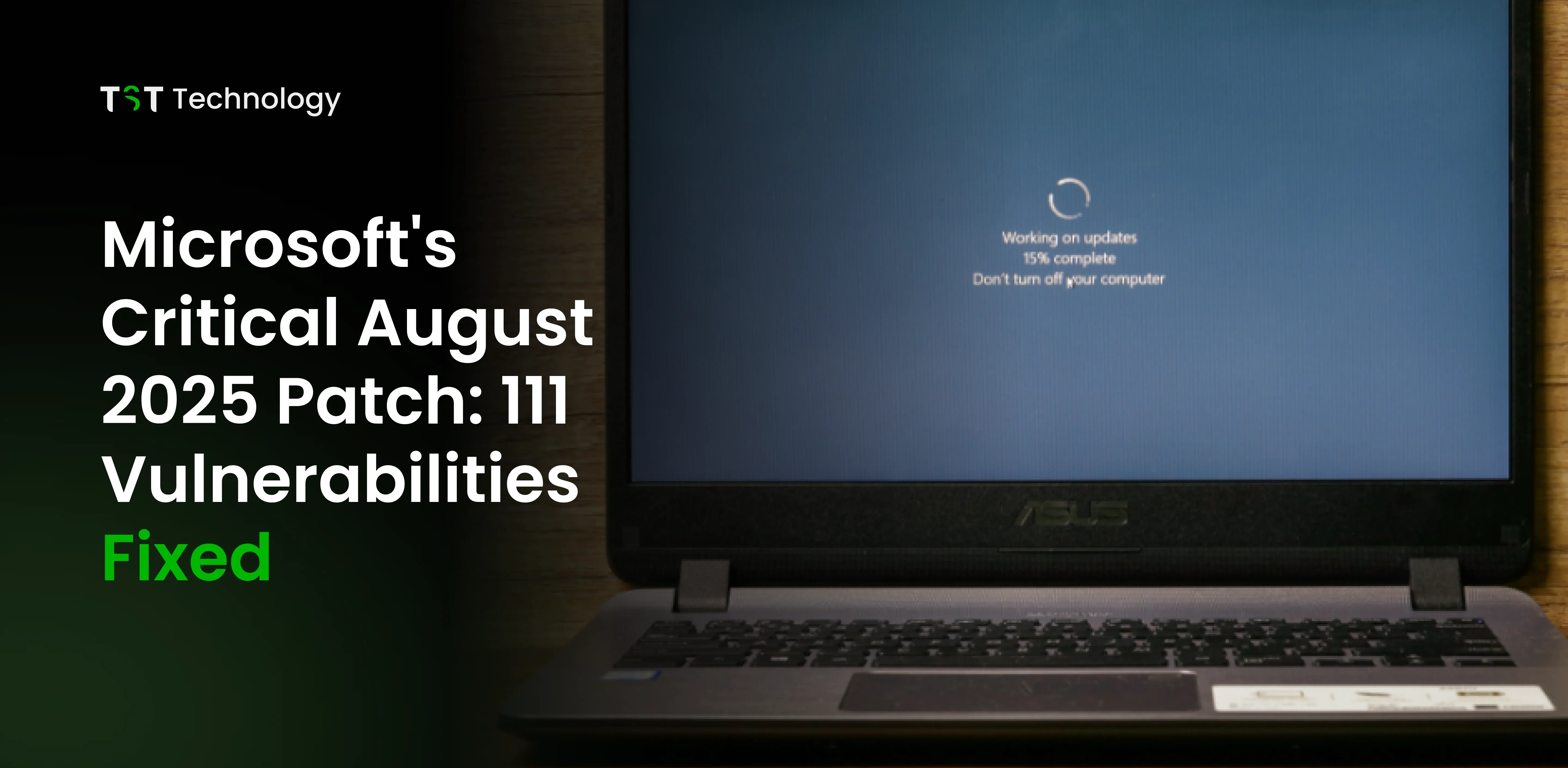
The August update for Windows 11 puts a strong focus on AI, turning the OS from just a basic interface into a smarter, more proactive assistant. This update is not just a standard patch but a significant evolution, designed to improve user productivity, creativity, and system management. Key AI-powered features include the Copilot Vision, which enables the OS to interpret on-screen content and real-time activity to offer contextual suggestions, and an AI Settings Agent that allows users to adjust system settings using natural language commands.
For creative users, the update introduces several new AI tools. The Paint app is revitalized with an AI-powered sticker generator and smart object selection, while the Photos app now has a "Relight" feature to adjust virtual lighting in images. The Snipping Tool also gets an upgrade with a "Perfect Screenshot" function that intelligently crops to the most relevant part of the screen.
On the system management side, a Quick Machine Recovery tool uses AI to automatically diagnose and fix boot issues, and the notorious "Blue Screen of Death" has been visually rebranded as a "Black Screen of Death." The update also includes the controversial "Recall" feature, which captures and stores screen snapshots for users to search their past activity, raising some privacy concerns.
AI Investment Surge: Allen Institute Receives $152 Million for Open AI Research
The Allen Institute for AI (Ai2) received $152 million in funding $75 million from the NSF and $77 million from NVIDIA for its OMAI project (Open Multimodal AI Infrastructure to Accelerate Science). The project plans to create open-source, multi-modal AI models designed to help advance scientific research.
Meanwhile, Cohere raised $500 million to expand its enterprise GenAI offerings, and Google announced a $9 billion investment in AI data centers in Oklahoma, highlighting the massive capital flowing into AI infrastructure.
Google Gemini's "Nano Banana" Image Model: Key Updates
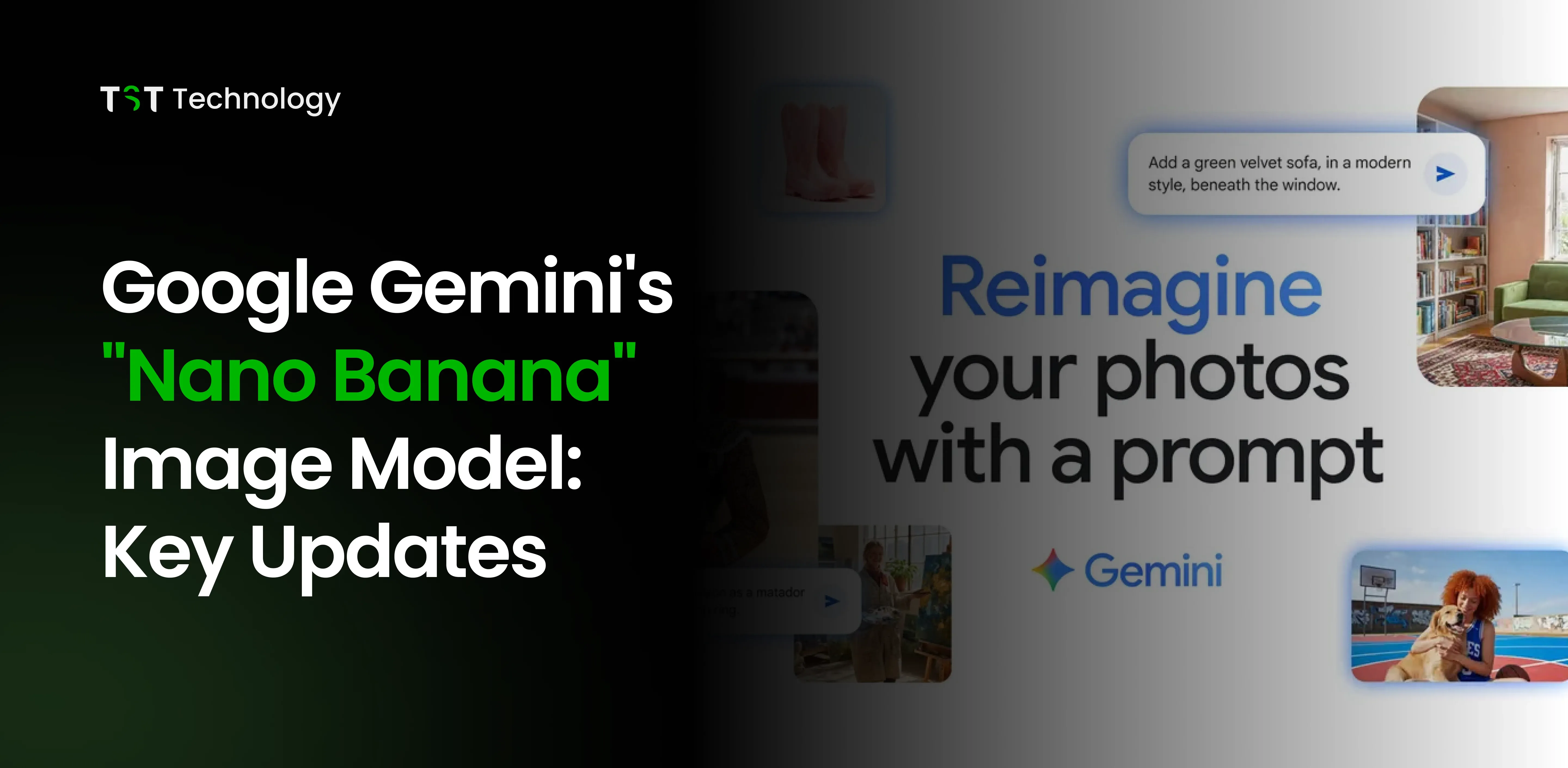
Google officially launched Gemini 2.5 Flash Image, famously known as "Nano Banana," on August 26, 2025. The model gained massive attention after dominating the LMArena evaluation platform anonymously, driving over 5 million community votes and achieving a record-breaking 171-point Elo score lead. It secured the #1 ranking on both Image Edit and Text-to-Image leaderboards, establishing itself as the world's top-rated image editing model.
The standout feature is its ability to maintain character consistency across multiple edits while preserving facial likeness and background details with remarkable precision. Unlike competitors, Nano Banana enables conversational image editing through natural language and can blend multiple images seamlessly. Major companies, including Adobe, Figma, and Leonardo.AI have already integrated the model into their platforms. Priced at $30 per million tokens (approximately $0.039 per image), it's now available across Gemini App, Google AI Studio, and Vertex AI.
Startup Funding Momentum Continues in the Indian Ecosystem
Indian startups raised ₹2,624 crore across 15 deals in the week of August 15-21, 2025, with the top 5 deals accounting for 96% of total funding. Leading investments included Weaver Services (₹1,485 crore), Amnex (₹460 crore), and Rabbit (₹235 crore).
The previous week saw ₹1,450 crore raised across 28 deals, with significant investments in clean energy, D2C brands, and digital platforms. The Sleep Company secured ₹480 crore, while Renee Cosmetics raised ₹263 crore.
Predicting Solar Storms with "Surya"

IBM and NASA have teamed up to develop 'Surya,' an open-source AI model that predicts solar weather. The name 'Surya' comes from the Sanskrit word for the Sun. Surya was trained using nine years of detailed solar observation data and marks a big step forward in forecasting space weather. Its main goal is to help protect important global systems, such as GPS satellites, power grids, and communication networks, from disruptions caused by solar flares and coronal mass ejections.
Early tests show that Surya can detect solar flares about 16% more accurately than previous methods. It can also predict where a flare will occur up to two hours in advance. By making the model available on Hugging Face, IBM and NASA are giving scientists worldwide the chance to use these tools and build further on this research.
Stanford's Autonomous AI Lab
A pivotal milestone in scientific automation was achieved at Stanford University, where researchers, in collaboration with the Chan Zuckerberg Biohub, demonstrated a "Virtual Lab" of autonomous multi-agent AI "scientists". This team of AI agents, comprising Principal Investigator bots, specialized researchers, and critics, independently conceived, designed, and validated new COVID-19 nanobodies with only 1% of input coming from human researchers.
The AI team held meetings, debated hypotheses, and experimentally validated therapeutic candidates, with over 90% of their proposed drugs proving viable in vitro. This breakthrough shifts the paradigm from human-led research to machine-driven discovery, opening the door for AI to invent new medicines and materials at a pace previously unthinkable and raising profound new questions about the validation and oversight of machine-generated science.
Conclusion
August 2025 showed just how fast technology is evolving. AI is becoming smarter, security issues are being fixed, and startups are receiving big investments. From GPT-5 to Genie 3, and from Perplexity’s bold Chrome bid to NASA’s Surya model, the month showed us both the promises and challenges of this digital era.
As we step into the next months, one thing is clear: AI, cloud, and security will continue to drive the biggest shifts in technology.






